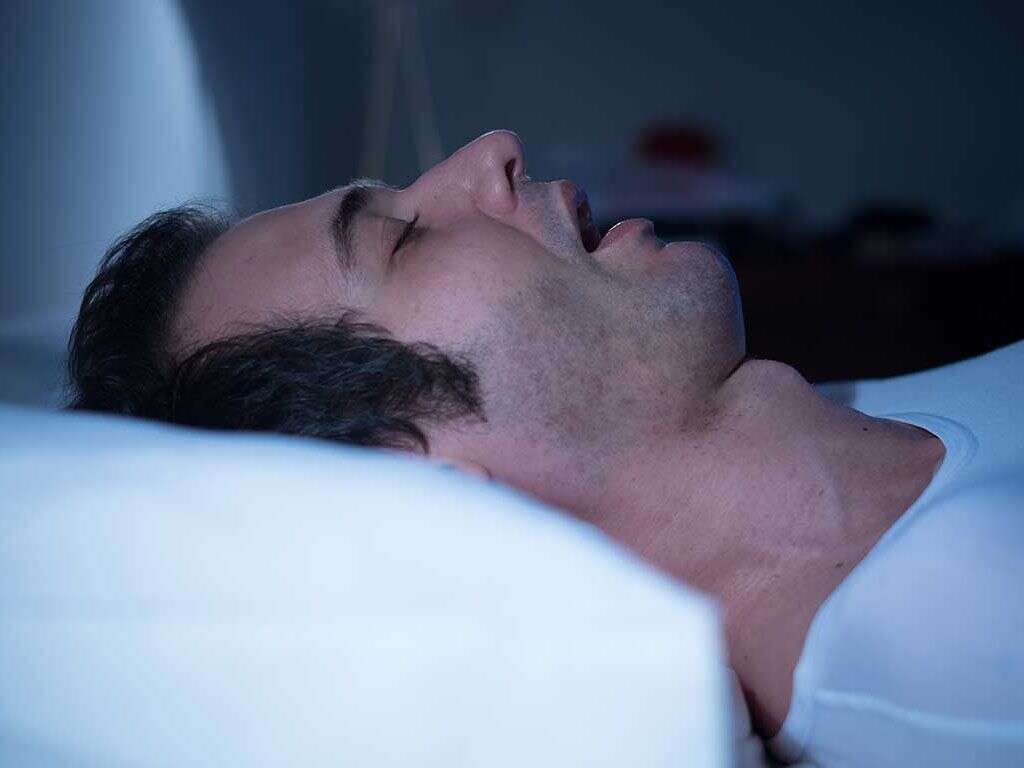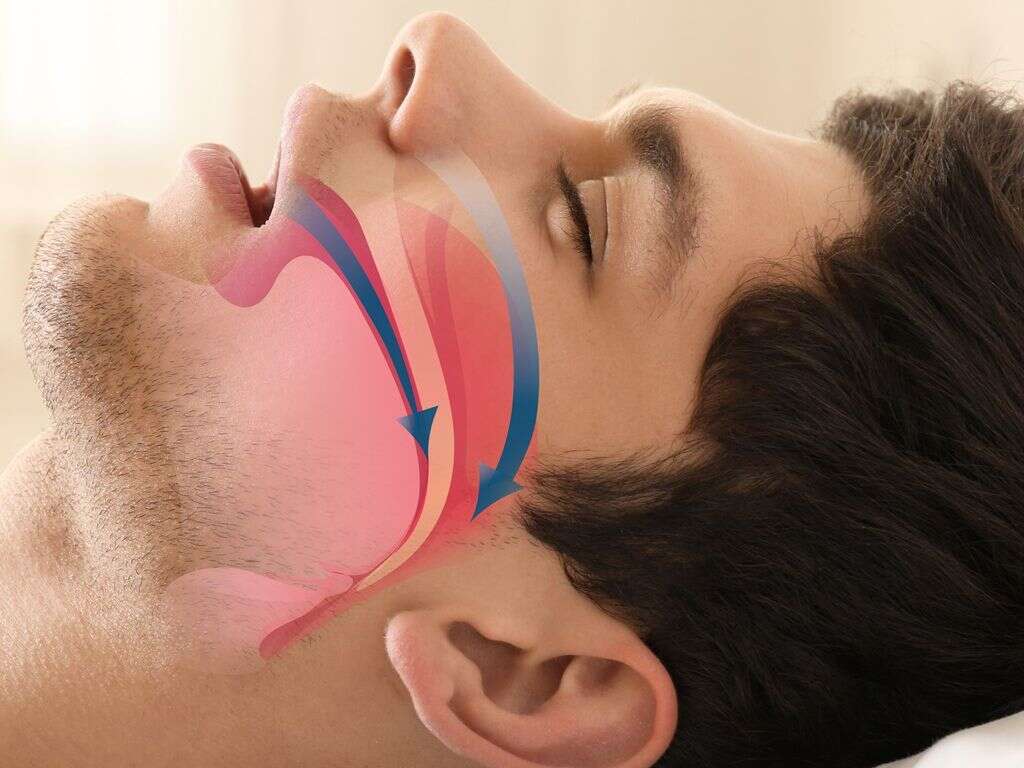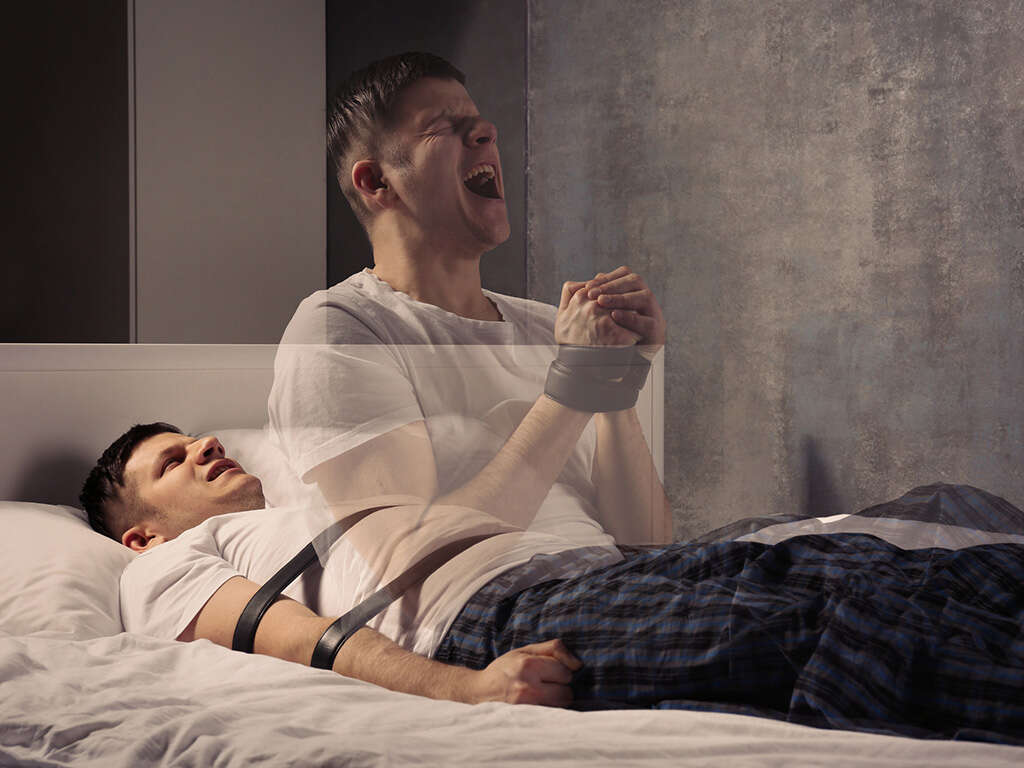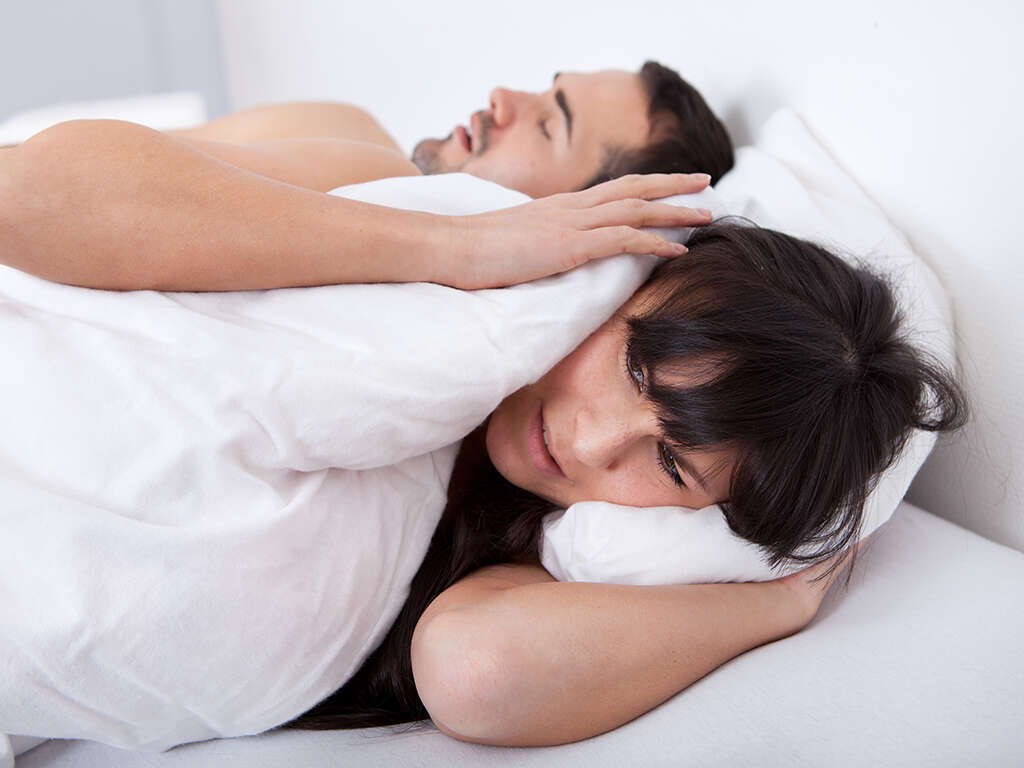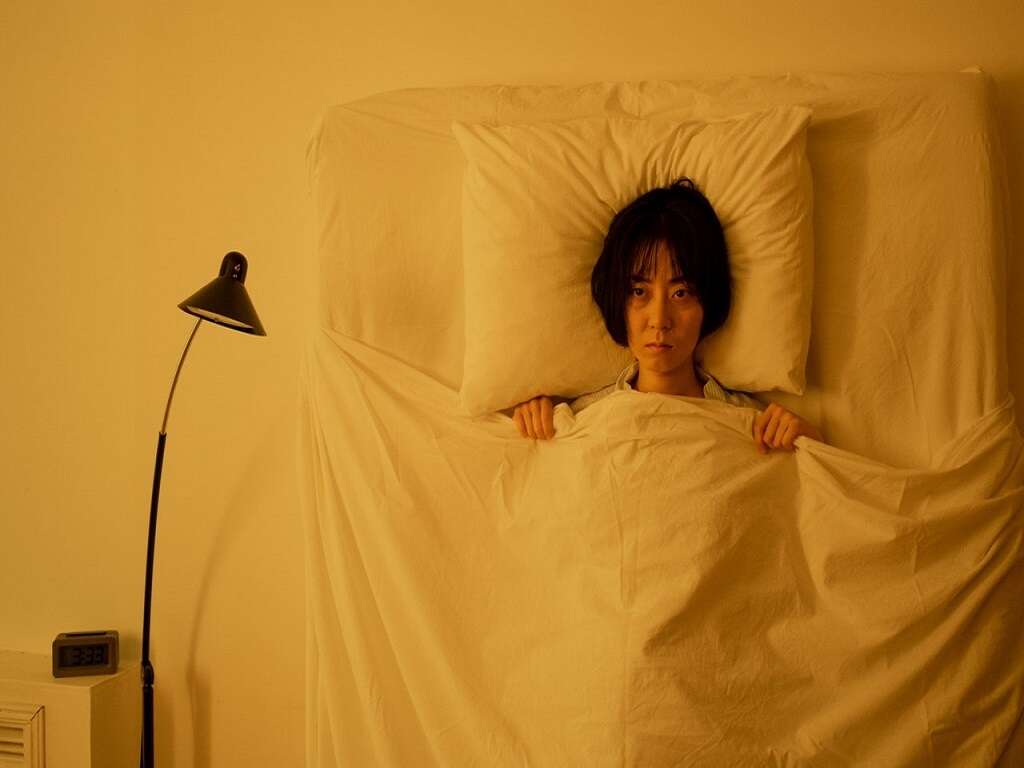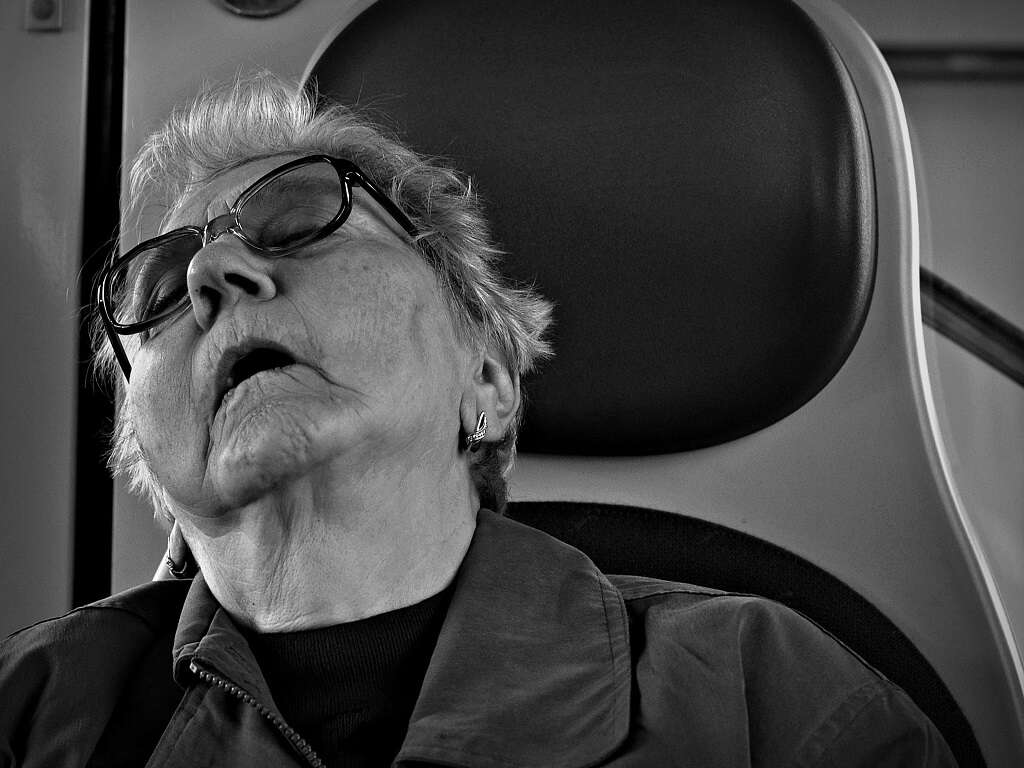What Causes Sleep Paralysis?
It is common for us to dream and, for many people, dreams can be very enjoyable. This is not always the case, however, and some people can have nightmares that can be very disturbing for them. Some people can experience something even worse – a phenomenon known as sleep paralysis.
Sleep paralysis is a condition where the patient is conscious but is unable to move. Our brains close down our muscles as we sleep to prevent us from acting out our dreams. In sleep paralysis, the patient is half awake and half asleep. They are conscious, but they have no control over their muscles. It is harmless physically, but it can be extremely distressing.
1. Disrupted Sleeping Patterns
Most of the time, we will have a pretty standard sleeping pattern. We tend to have to be at work the same time every day and our sleeping patterns tend to revolve around that. Many of us will take the opportunity to sleep in longer during the weekends, but still, there is a fairly regular pattern.
Some people might have a sleep pattern that is somewhat disrupted, however. This can mean people that are experiencing jet lag, or maybe people that are working on alternating shifts. The disruption can be difficult for some people to adjust to, and such disruptions are thought the be the cause of some cases of sleep paralyses.
2. Anxiety Disorder
Anxiety is a very natural, and very common, phenomenon. Indeed, pretty much everybody will have experienced it at some point. It is actually an important defense mechanism that helps to ensure we are in a heightened sense of awareness when necessary. As important as it is, however, too much anxiety is not a good thing.
Anxiety disorder is a condition where the patient experiences bouts of anxiety even when there is no need. It can be a terrifying and debilitating experience for them, and it can be extremely difficult to manage. Anxiety disorder has been linked with cases of sleep paralysis, as has a similar condition known as panic disorder.

3. Post-Traumatic Stress Disorder
Some people will go through some extremely traumatic experiences in their lives. These experiences can be extremely difficult to process and they can have a significant impact on the patient’s well-being. It can lead to mental health difficulties and other conditions – including sleep paralysis.
Post-traumatic stress disorder is often associated with military personnel. People in other lines of work are also more likely to experience it, such as paramedics and firefighters. Anybody can experience traumatic experiences such as being in road traffic accidents or losing a loved one. It is recommended that people speak with a professional if they have experienced such an event.
4. Insomnia
It is very important that everybody gets enough sleep, and even people with extraordinary stamina will need to sleep eventually. Not only can not sleeping make you feel terrible the following day, but it can also cause potentially serious physical and mental health problems if it persists. It is a condition that is also associated with sleep paralysis.
There are many possible causes for insomnia and, if you do suffer from the condition, it is wise to see a sleep specialist. Sleep paralysis may also be caused just through not getting enough sleep for other reasons such as working late. Regardless, we should also be sure we get all the sleep that we need for our own well-being.
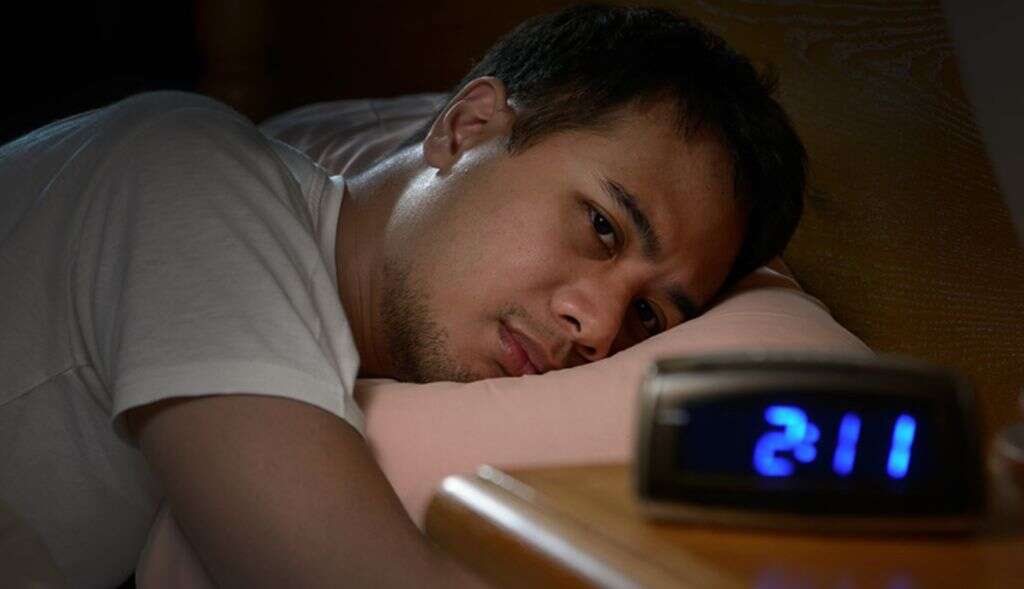
5. Narcolepsy
While many people will have a great deal of trouble getting to sleep, the exact opposite is true for some. Narcolepsy is a condition where the patient will suddenly fall asleep no matter where they are or what they are doing. It might be when they are at work, riding public transport, or even when driving a car.
For obvious reasons, people with the condition will not be able to drive or operate other heavy machinery. It cannot be cured, but treatment is available than can at least help to limit the severity of the symptoms. The condition is often linked with cases of sleep paralyses.
6. Medication
Some medications can have some very profound side-effects on us physically and mentally. Some medications have even been associated with instances of sleep paralysis. Drugs used in the treatment of ADHD in particular are known to be a potential cause of the condition.
If you do experience sleep paralysis then you should let your doctor know about any medication you are using. In many cases, there may be an alternative available, and switching would hopefully stop the sleep paralysis. You should always tell a medical professional if you suspect medication is causing unwelcome side effects, and you should always follow professional advice when using medication.

7. Substance Abuse
Certain substances can be a lot of fun, but many come with a very, very dark side. Abusing some substances can lead to dependencies forming on that substance. This can have some very serious implications in regard to the patient’s mental and physical health. It can also destroy families.
Substance abuse has also been linked to sleep paralysis. An addiction to substances can be extremely difficult to overcome. It is easier the earlier it is caught, however, and this means people with a problem should be found assistance as soon as possible. The good news is that there are many organizations available to help.
8. Sleeping Position
People find different sleeping positions more or less comfortable than others. They can also move around at night, shifting their body weight around, and this helps ensure the blood continues flowing smoothly. Some sleeping positions are associated with certain problems, however.
People that sleep on their back are more likely to snore. They are also more likely to experience sleep apnea, which is a condition that causes the patient to keep on waking up at night. It doesn’t end there either because people who sleep on their back are also more likely to experience sleep paralysis. Try to adjust your sleeping position and the problems may become a thing of the past.
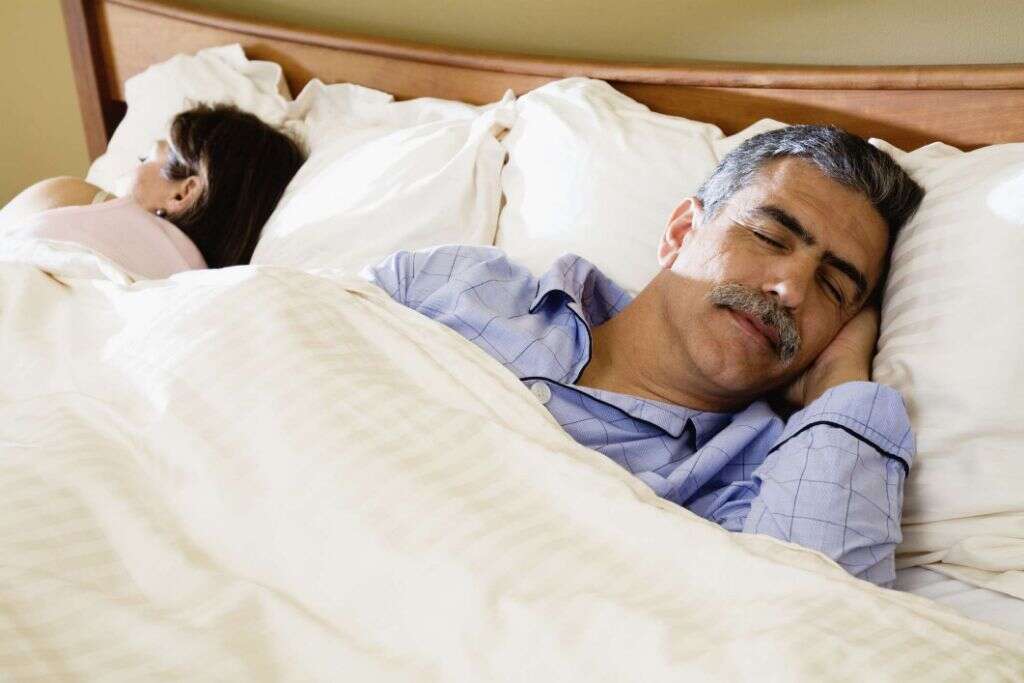
9. Leg Cramps
Cramps are the involuntary contractions of certain muscles. They are often associated with sports people but anybody can experience them. They can be very uncomfortable and, in extreme cases, they can have a considerable impact on the patient’s quality of life.
It is not understood why, but some people are prone to experiencing cramps in their legs at night. This can be enough to keep them awake but it can also cause problems when they do fall asleep. One such problem is sleep paralysis as there is believed to be a link between the two conditions. Cramps can often be treated to reduce the symptoms even if they cannot be cured.
10. Family History
If somebody in your family has a history of sleep paralysis, then you are also more likely to have the condition. This strongly suggests a genetic link, but a lot more research needs to be done to understand it. If a family member does have a history of the condition then you should let a professional know.
Having a family member with the condition does not mean somebody will necessarily have it also. It also does not mean that no history of it in the family makes somebody safe from it. If more research can be carried out into why there is a connection, it may also take us closer to being able to treat the condition.



